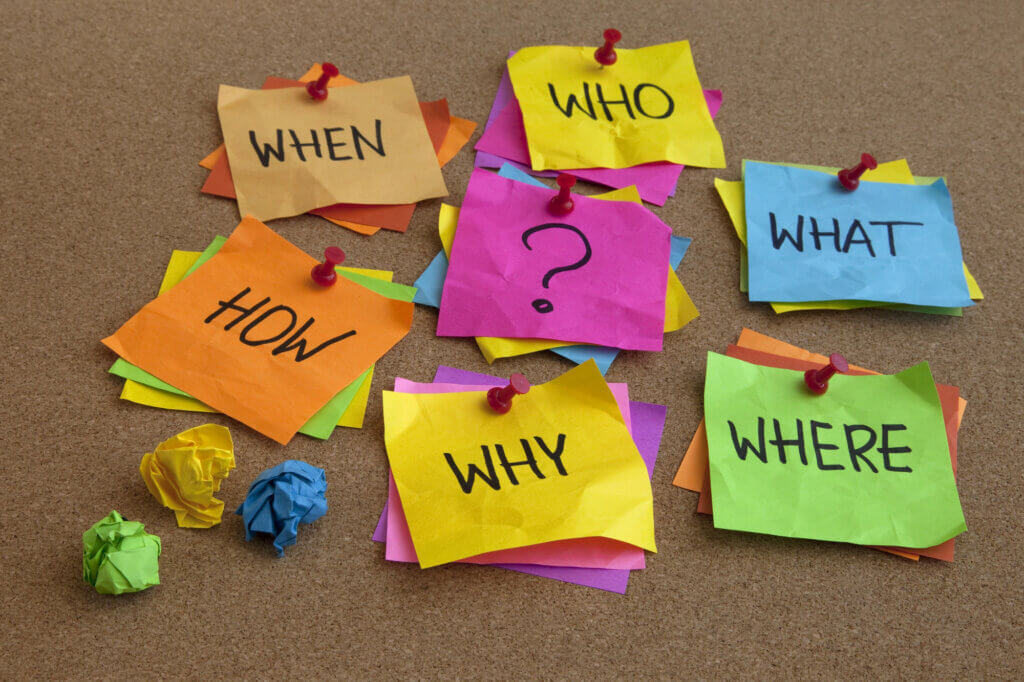Get Specialized Expert Parenting Guidance
Welcome to the blog at ImpactParents! If you've got a complex kiddo (age 4-44), you're in the right place! What makes a kid complex? Neurospicy kids struggle with life, learning, behavior and/or social skills. Maybe they have ADHD, Anxiety, Depression, Autism, or learning difficulties. Or maybe they have other issues that challenge their Executive Function.
And whatever is causing these amazing children, teens, and young adults to struggle, since 2011 we have been committed to helping their parents stay sane in the process of raising them. Even more, we help parents get the practical advice they need to feel more inspired and more empowered … so you can help your kids become the best they can be! And yes, we help the professionals who support them, too!
That's because we parents of complex kids (yes, we're moms, too, right here with you!) need more than information to help our kids.
We need help figuring out HOW to do what the experts tell us -- in a way that works for our families, not just in a textbook! We need community and support. We need accurate education (did you know that training for you is actually recommended treatment for your kids?). And we need some good old fashioned coaching to help us apply what we learn so we can do the best for our amazing kiddos.
And that's what makes this blog different from many others. Sure, we have a team of hundreds of Guest Experts who provide you with cutting edge information about your child's challenges. We've got decades of experience. We've supported hundreds of thousands of parents worldwide, and trained thousands of professionals.
BUT what makes us really different is that at ImpactParents, we bring parenting expertise, evidence-based coaching skills, and an understanding of neurodiversity to everything we do.
The Impact Model guides our community to take a collaborative, problem-solving, coach-approach when raising complicated and fascinating kiddos. Our blogs reinforce and demonstrate that Model -- so that you can foster independence, improve communication, and empower your kids to reach their full potential -- no matter what challenging behaviors you're dealing with!
In a nutshell, we hope you'll keep reading, because we promise that this blog can help you:
- Improve communication and have better conversations (and relationships) with your children and with each other;
- Make more comprehensive, well-informed decisions for your family;
- Understand your kiddo (at any age or stage) and learn strategies to foster their independence and personal success.
**If you like our posts and wish to reprint one, please contact us to let us know. You can include the following 'blurb' along with the article in its entirety: "This article originally appeared on ImpactParents.com and is reproduced with permission of ImpactParents."
Search the Blog:
- Show All Focus Areas
- Challenging Behaviors
- Diagnosis & Treatment
- Executive Function
- Must Reads
- Relationships
- School Issues
- The Parents' Experience
Is it Screen Addiction… or Just the Brain at Work?
As parents, it’s normal to worry about our kids’ screen time. We take notice when they spend…
School Success with Less Stress
School is stressful for kids and parents alike, especially when our kids are complex kids with ADHD,…
The Healthy Way to Handle Mistakes
Penicillin. Potato chips. The Slinky. Scotch Gard. The Pacemaker. Fireworks. Post-its. What do those items have in…
Video: Where’s Your Curiosity?
Article continues below… Want to Go from Chaos to Calm? Download a free tipsheet, “10 Tips for…
What To Do When Your Child Hates Math
Addressing the Negatives Not all kids in school like math. I had one kid who loved it…
ADHD, Exercise, Mindfulness, and the Obvious
As an attention coach, Jeff Copper helps adults overcome information overload, chronic disorganization, ADHD and ADD symptoms,…
Video Tip: Keep it Simple
Article continues below… Want to Motivate Kids? Download a free tipsheet “The Parent’s Guide to Motivating Your…
How to Stop the Madness: Mindfulness to Get Happier ADHD Families
Not Just Fantasy Increased focus and attention. Better sleep. Reduced stress, anxiety, and depression. Happier kids, and…
Video: True Confessions – I Lost It!
Article continues below… Minimize Meltdowns! Download a free tipsheet “Top 10 Ways to Stop Meltdowns in Their…
Deep dives, expert chats, and more. Listen on the podcast.
Get expert advice and real-life strategies to help your complex kid grow into a capable, independent adult. Learn how the coach approach can bring lasting change to your family.










